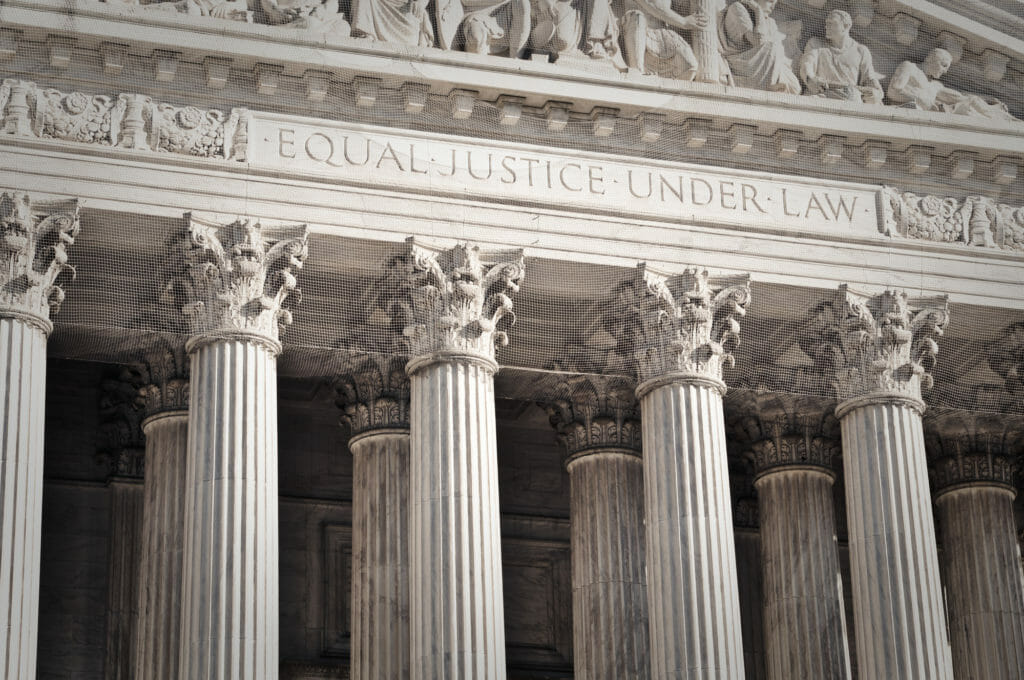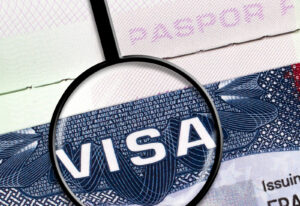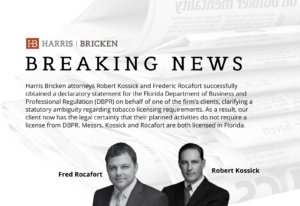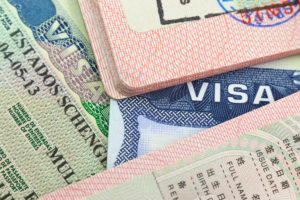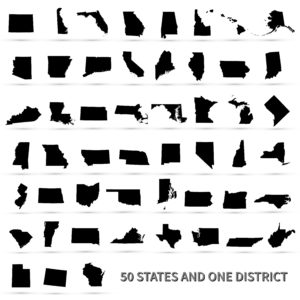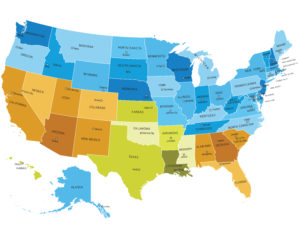With its decision in Dobbs v. Jackson Women’s Health Organization, the U.S. Supreme Court has overturned Roe v. Wade, the 1973 decision that held that the U.S. Constitution generally protected the right to an abortion. Following Dobbs, U.S. states will be free to regulate abortion as they see fit. While primarily a matter of import for Americans, the Supreme Court’s decision will also have implications for international businesses and travelers in the United States.
The availability of legal abortions in the United States will be dramatically reduced in the coming months. Many states are swiftly establishing curbs on abortion in response to Dobbs. In fact, some states already had “trigger laws” in place, which provided for an automatic change in their abortion law the moment Roe was overturned.
Pregnant travelers need to be aware of this changing situation. Consider the case of Andrea Prudente, an American who suffered an incomplete miscarriage while vacationing in Malta, which prohibits abortions under any circumstances. Staying in Malta exposed Prudente to “catastrophic and unstoppable infection,” but evacuation to another country also posed risks.
Some of the U.S. states moving to ban abortions after Dobbs are close enough to places where abortion will remain legal, offering an alternative for those seeking procedures. However, many locations across the United States will be far away from any facility offering legal abortions. And as illustrated by the Malta case, a medical evacuation is not always a straightforward option.
For their part, international companies that have or are considering establishing a presence in states that are prohibiting abortion following Dobbs need to consider the human resources implications. If these companies want to ensure that their staff has access to abortions, this will mean covering travel costs to other states or countries. This, by the way, is exactly what many U.S. companies are doing.
For smaller companies, those costs may not be insubstantial. Yet refusing to cover those costs post-Dobbs could complicate efforts by companies to attract and retain employees. For companies from countries where abortion is not the controversial issue that it is in America, there may be pressure from staff and home-country authorities to ensure that U.S.-based workers have access to the same services as their colleagues back home.
As we often point out, state laws matter. What is happening in the aftermath of Dobbs is a perfect illustration of that. Going forward, a seemingly innocuous choice to vacation in a particular state could have serious healthcare implications for visitors. And for companies, the benefits of operating in certain states with lower tax and regulatory burdens may be offset by the need to cover the costs of out-of-state abortions for staff.










